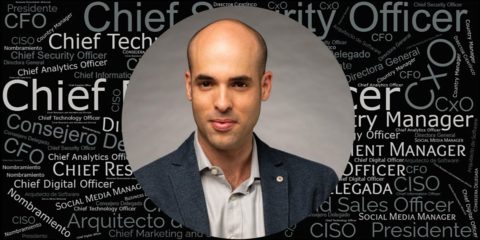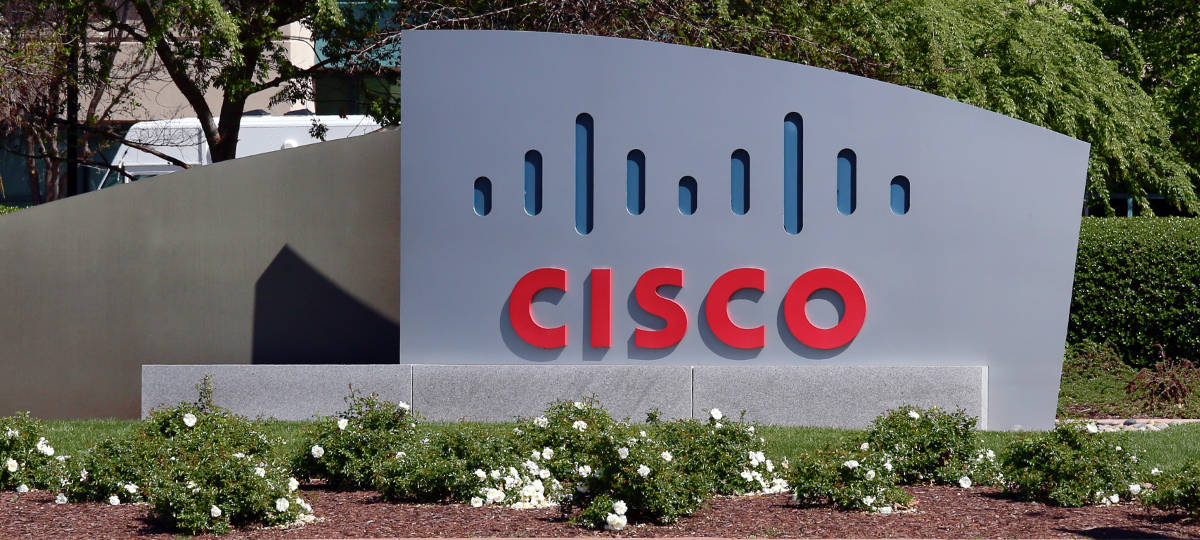Professor John Colley, of Warwick Business School, said: “Unfortunately ‘Alliances of the Weak’ in an attempt to make a single strong competitor very rarely work. They are usually left with a bigger ‘weak’ player. This seems likely with this tie-up in a market in which the ‘winner takes all’. If you are not in the top two then unless you have a credible niche you will suffer. Yahoo have struggled to gain traction and recent results have been particularly disappointing. Why should Verizon and the addition of AOL change that?”
According to Colley, technology history is littered with the remnants of once all-powerful businesses, such as Nokia and RIM, makers of the Blackberry. “Yahoo has struggled against the strength of network effects for a long time despite the various promises of CEOs. It is difficult to see how this merger will change that and indeed how Verizon will benefit from this acquisition”. Colley stresses that this is quite a major diversification from mobile telecommunications and it is not clear what benefits may arise from owning both as they are such different businesses. The mobile telecoms industry is maturing and this acquisition appears to be more about finding future growth in unrelated diversification, always a high risk path.
“The acquisition also appears to be motivated by AOL’s CEO Tim Armstrong who is seen by some as more likely to be successful running Yahoo than its current CEO Marissa Mayer. who has been under pressure from investors for failing to ‘stop the rot’ at Yahoo. It looks like Mayer will be passing that privilege to Armstrong who will certainly have his work cut out”, said Colley.
“Not only will he have to turnaround Yahoo but at the same time oversee the integration with AOL. Integration is frequently blamed for botched acquisitions which destroy value. Loss of market share and key personnel during the integration process has become the norm. Competitors use the opportunity to move in on customers and staff alike. Integration is a major internal distraction for staff who are wondering what the future holds for them. Effectiveness collapses and the business suffers. There are few exceptions. Armstrong will need all the luck he can get.”
John Colley, of Warwick Business School, is a Professor of Practice in the Strategy & International Business group and researches large takeovers. He is also a former managing director of FTSE 100 company BPB plc and was involved in takeovers.















